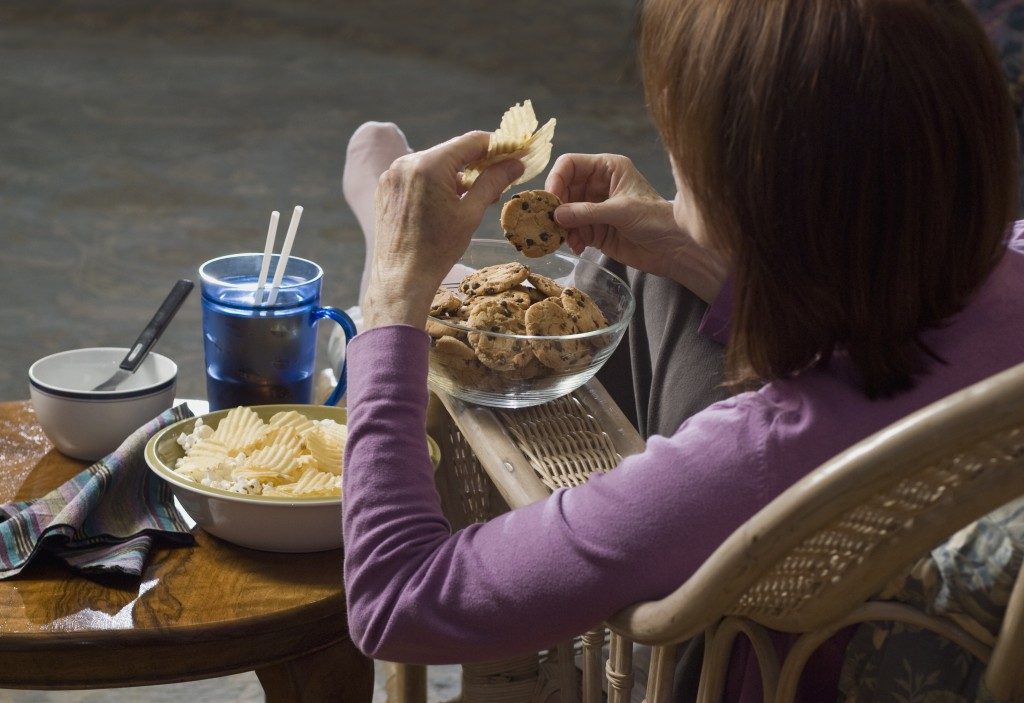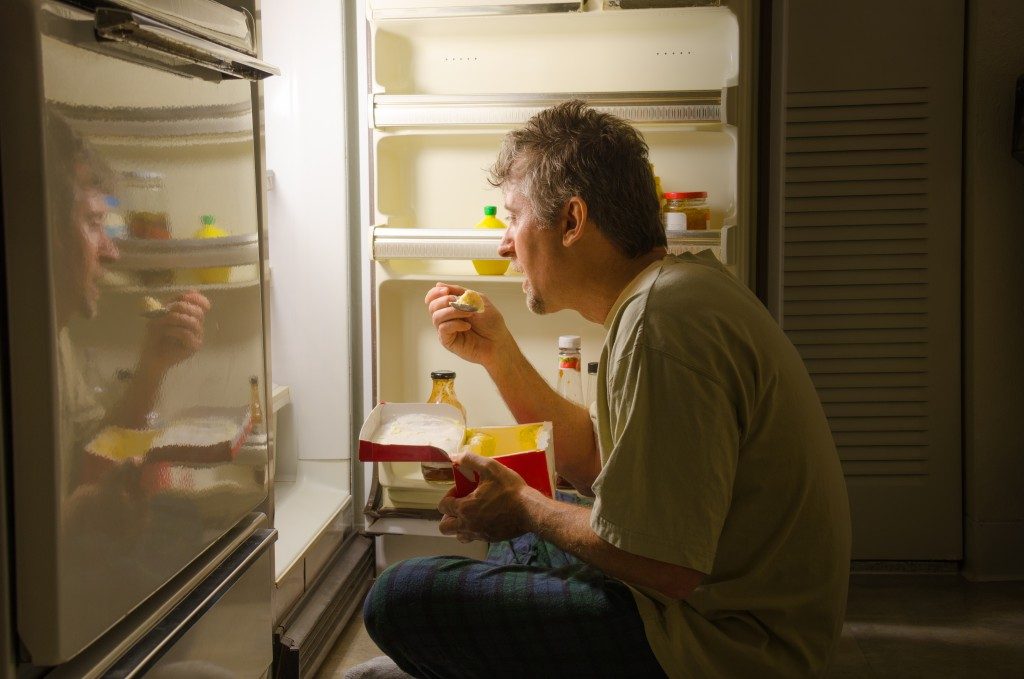At the most basic level, people eat to survive and nourish their body. In reality, however, people eat for many different reasons, one of which is to feed what they’re feeling at a certain time, such as when stressed, sad, or happy. When your feelings impact how much, what, and when you eat, then you have an emotional eating problem that could in turn lead result in overeating. The reason for this is that when you eat in order to satisfy or feed your feelings instead of actual physical hunger, it could be very challenging to put down that chocolate bar even if you already feel full.
The Roots of Emotional Eating
In some people, emotional eating could actually start at a young age. Plenty of parents for instance usually associated comfort with—you guessed it—comfort food. You probably remember getting a chocolate bar, cookie, or ice cream when you hurt yourself or as a reward for doing your chores or acing a test. As you grow older, there’s a chance that you’ll gravitate back towards those fond and nostalgic memories. So, you use food to comfort yourself in times sadness or to celebrate happier times, though temporarily they may be. Add to that the many advertisements that promise specific benefits when you eat certain foods, like chocolate being than sex for instance.
But Why Do People Turn to Emotional Eating?
 In general, the following are the most common triggers associated with emotional eating:
In general, the following are the most common triggers associated with emotional eating:
- Stress – This is undoubtedly the most common reason many people turn to emotional eating. When you’re stressed, your body will release a flood of cortisol, known as the stress hormone, and make you crave salty, fatty, and sugary food items. This response is actually hardwired into your body, which is the reason why it feels natural.
- Habits – In most cases, people eat after coming home from running errands or work simply because it’s a hard habit to shake. They don’t really care about whether it’s almost mealtime; they eat because they’re used to doing so.
- Boredom – Put simply, boredom usually leads to eating because you don’t have anything better else to do.
One vital lesson taught in reputable weight loss clinics like the MD Diet Center is the importance of knowing how to distinguish between true hunger and emotional eating impulses. Basically, when you’re eating to feed your emotions, you’ll be craving something specific like chocolate and you need to have it right now. With true hunger, however, your hunger will gradually grow in intensity and will come with reduced energy and rumbling in your stomach.
How to Control Emotional Eating
Fortunately, there are certain steps you could take to control your cravings, including the following:
- Keep stress at bay.
- Start a food journal.
- Get support from family and friends.
- If you feel “hungry”, stop to check if you’re really hungry or emotionally hungry.
- Do something, anything else when you’re feeling bored.
- Eat healthy foods, even for a snack. But don’t deprive yourself of your favorite foods every now and then.
In the event that you have tried these self-help tips to no avail, it might be time to consider therapy. This will help you identify and understand what really triggers your emotional eating episodes and learn the necessary skills to manage them.
